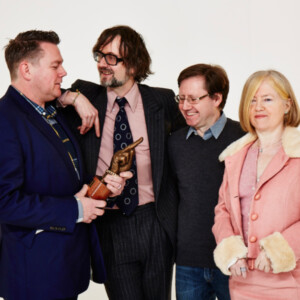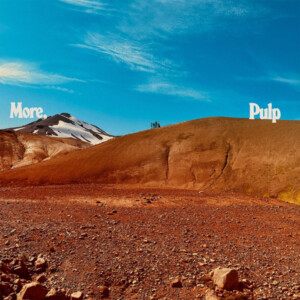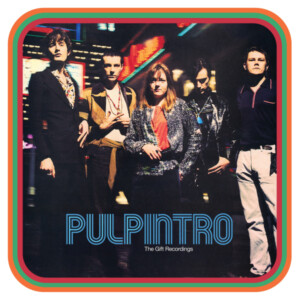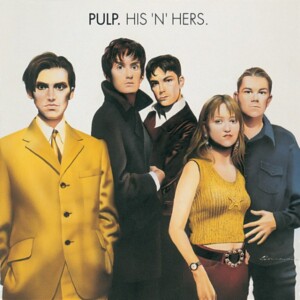
Pulp Vinyl Records
Most bands hit the big time immediately and fade away, or they build a dedicated following and slowly climb their way to the top. Pulp didn't follow either route. For the first 12 years of their existence, Pulp languished in near total obscurity, releasing a handful of albums and singles in the '80s to barely any attention. At the turn of the decade, the group began to gain an audience, sparking a remarkable turn of events that made the band one of the most popular British groups of the '90s. By the time Pulp became famous, the band had gone through numerous different incarnations and changes in style, covering nearly every indie rock touchstone from post-punk to dance. Pulp's signature sound is a fusion of David Bowie and Roxy Music's glam rock, disco, new wave, acid house, Europop, and British indie rock. The group's cheap synthesizers and sweeping melodies reflect the lyrical obsessions of lead vocalist Jarvis Cocker, who alternates between sex and sharp, funny portraits of working class misfits. Out of second-hand pop, Pulp fashioned a distinctive, stylish sound that made camp into something grand and glamorous that retained a palpable sense of gritty reality.





